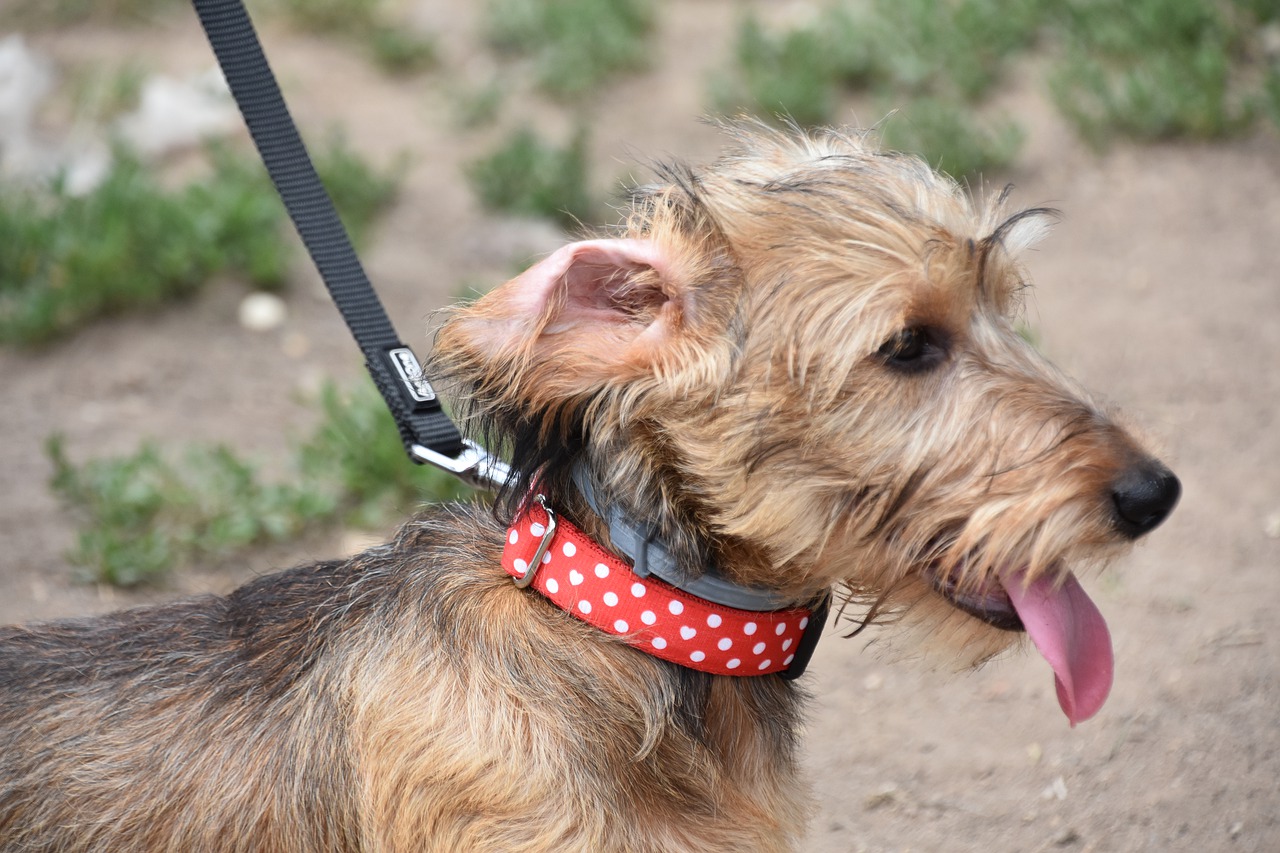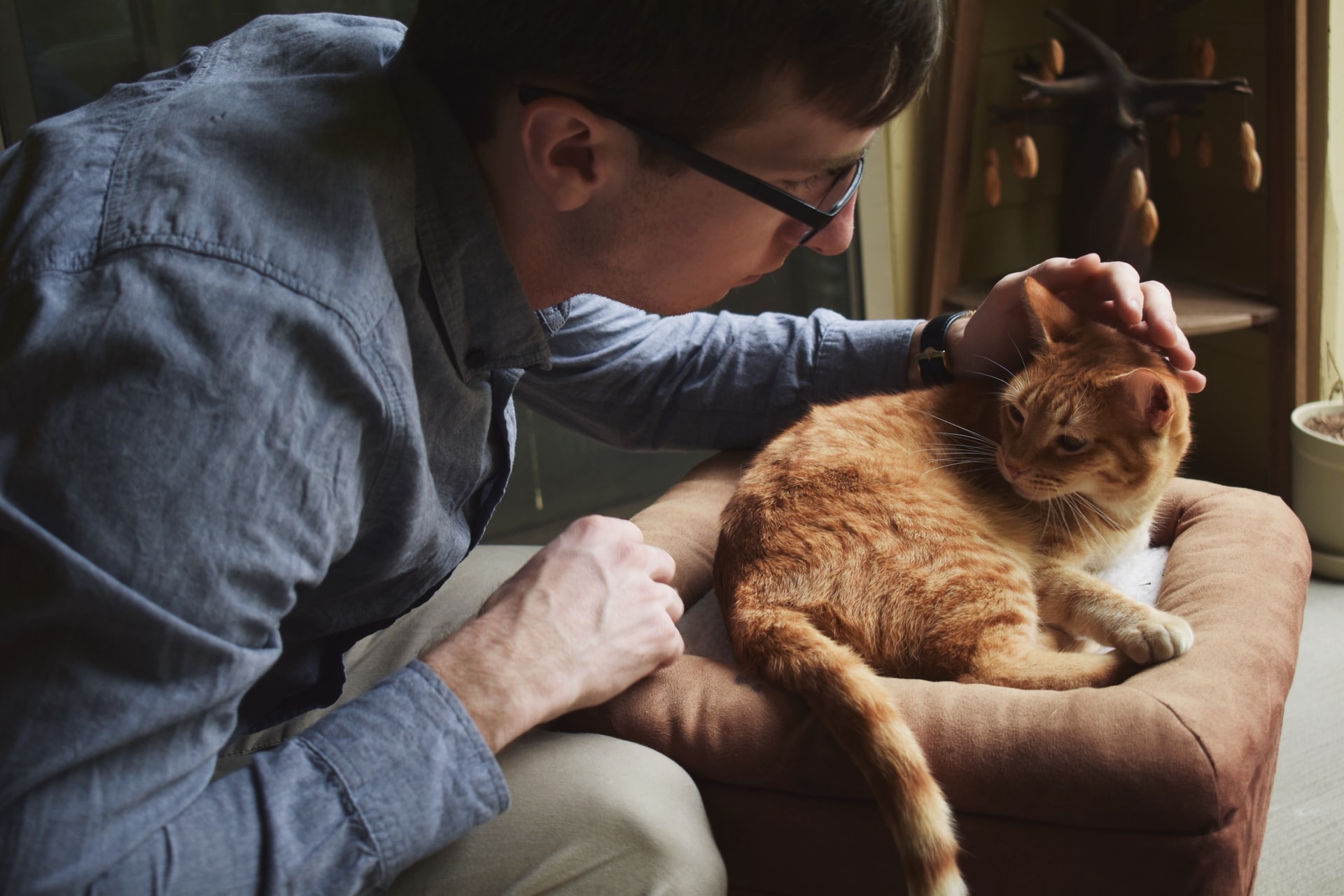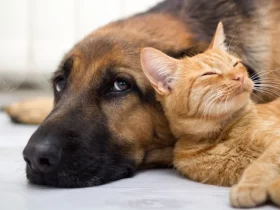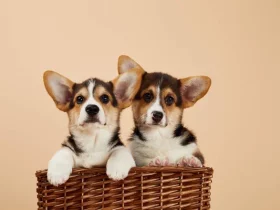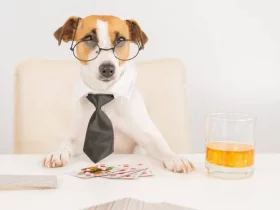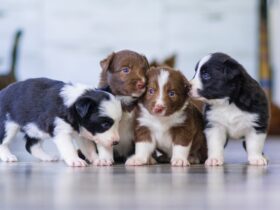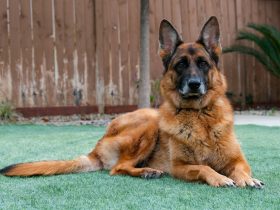So you want a dog? Adding a new puppy to your household can be a wonderful feeling. Who can resist that cute little bundle of lovable furry fun?
But having a puppy isn’t all fun and games! Unfortunately, they don’t come fully trained and the first step to getting your puppy to be a full family member is potty training.
Most anyone who has owned a puppy will tell you that housebreaking or potty training your puppy is the worst task that new dog owners face. In reality, however, if you have a it of patience and persistence, potty training can be a simple and easy task for both you and your dog!
The first thing is that you must realize that puppies are infant dogs, not babie or children. Dogs relate to things differently then people and, therefore the training of a puppy must take it’s own course. Dogs are creatures of Habitual Re-enforcement. If you start training him in the basics early on, you will set the stage for a well trained and obedient companion for their entire life.
The best method of potty training your new puppy is to “catch” him relieving himself.
When you do, walk up to him and pick him up – gently but firmly. Tell him “No No” in a firm clear voice and immediately take him outside to the area you want him to use for his “business”. Set him down and hold him firmly for a few minutes. If he still needs to relieve himself, keep him in that spot and pat and praise him when he’s finished. OK! Not so hard, eh?
Of course, it can’t be that easy!
It will take many tries before your new puppy starts to get the picture, so when you see him squatting inside again, repeat the process. Make a game out of it and get the whole family involved! Remember, however to never yell at the puppy, just tell him no firmly but kindly and bring him outside to his “area”. When he does finish relieving himself outside, don’t forget to praise him!
Try to “catch” him every time he tries to go inside. Puppies tend to be the center of attention at first, especially with kids, so there is usually someone at hand to scold the puppy in a gentle manner and immediately remove him to the designated site.
This method works best if someone will be around the puppy most of the day. It’s important to catch the puppy in the act. Coming home and finding the mess a couple of hours later and then getting upset and scolding the puppy will only make your job harder and confuse the puppy. What then, you may wonder? Well, a method that has worked for me is to carry the puppy to the offending deposit, gently but firmly placing his nose into the substance and saying firmly “No No or Bad Bad”, you get the drift, and immediately carrying puppy out to the site. This method is not the favored method, but it is effective if done properly.
Never, ever yell at or hit your puppy. Contrary to what some people think this will NOT help you in training him and may do more harm than good.
As with any training, firmness, kindness and persistence will pay off!
Finally
Potty training is one of those most important steps that you need to instill in your pet trying from day one. With enough patience and consistency, you will be able to do it fast but if you lag from the early period in the house, you will never be able to make it a good habit. Dogs go by rules of sense which are completely their own and they will have developed the ideal place they would choose it to be unless you mark it for them. The best thing is to train him house breaking and let him poop and pee in the backyard or if you have a terrace instead, then there.
If you bring home a pup that is not more that 6-7 weeks age then you are in for luck as this is the ideal time to house train. You will of course be able to instill the habit for older dogs but with their more solidified senses you will definitely have problems. You will have to follow him a lot in order to catch him with doing it where he pleases and get the point across that it is not the ideal place. Direct him gently but immediately to the place where you want him to evacuate. Some people prefer their bathrooms in absence of a better space.
You might have to spend hours with him in the bathroom then until he is trained to evacuate there. Potty training will be actually your patience training. While younger puppies are more adaptable to change being gregarious and frisky in nature, life experiences for some would actually make them more solid in their habits. While an older may come with some set good habits, some might not be suitable for your household as well. So start early and with patience and consistency you can actually make your dog reach the level of perfection in habit forming.
Remember you will be required to be very gentle but persistent with processes like house training and behavior control, like excess barking or getting reactive in front of children. These actually take constant monitoring on the owner’s part rather than the simple commands and techniques such as bringing the newspaper, listening to basic commands, etc. A dog respects you when he understands that you are the pack leader. You can only establish this when you are thoroughly consistent in your work.
You will have to set commands but be firm in that. Dogs always respect the gentle but set commanders. You will find it easy to train him on other aspects when you make progresses with the major ones like potty and toilet training. Of course you will have to be working on each area individually but you will find that when these two main parts are covered it is going to be much easier for you and your dog to communicate. He will also be a part of the family rules finding it easy to adjust and adapt.

